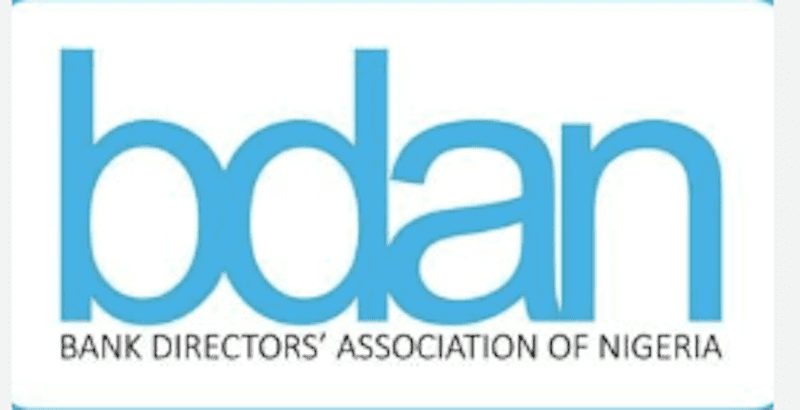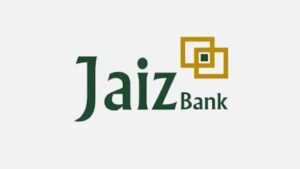


70% windfall tax detrimental to financial stability, growth of banks – Bank Directors warn
By Esther Agbo
The Bank Directors Association of Nigeria (BDAN) has raised significant concerns about the proposed 70 percent windfall tax on profits from foreign exchange transactions, calling for a more measured approach in light of current economic conditions.
In a statement issued after its board meeting on Monday, the association emphasised that while it acknowledges the government’s need to generate revenue, the proposed tax rate is viewed as excessively high and potentially detrimental to the banking sector.
BDAN’s Chairman, Mustafa Chike-Obi, highlighted that the timing of the tax, coinciding with ongoing bank recapitalisation efforts, could undermine the stability and growth of financial institutions.
“Such a high levy has the potential to stifle growth and innovation within the banking sector, ultimately affecting the quality of services we provide to our customers and the broader economy.
“Moreover, we believe that it is vital for all stakeholders in the banking sector to have been consulted prior to the enactment of such significant changes in the Finance Act 2023. Open dialogue and negotiation are essential to ensure that policies are both equitable and effective,” Chike-Obi stated.
The association also pointed out that the lack of clarity surrounding the implementation of the tax is a cause for concern. BDAN stressed the need for the government to engage in open dialogue with stakeholders in the banking industry to ensure that the tax policy is equitable and does not impose an undue burden on banks.
The association questioned whether the windfall tax would be imposed as a total tax charge, incorporating existing taxes like Company Income Tax, Tertiary Education Tax, and the National Information Development Levy.
Furthermore, the association sought clarification on what constitutes the “FX transactions” to be taxed, and how the tax would apply to banks that may incur losses rather than gains during the period.
“We also request clarification on what constitutes ‘FX transactions’ to be taxed and the treatment of banks that may incur losses rather than gains during this period. We urge the government to provide clear guidelines on this matter to avoid further uncertainty.”
The association’s concerns are amplified by the fact that Nigerian banks are already among the most heavily taxed globally, partly due to the Asset Management Corporation of Nigeria (AMCON) levy imposed on their total assets.
BDAN called on the National Assembly to revisit the amendment and engage in constructive discussions with banking sector stakeholders to create a balanced framework that supports both revenue generation and sustainable economic growth.
“By collaborating, we can develop a framework that effectively balances the need for revenue generation with the imperative of fostering a thriving banking environment that supports sustainable economic growth,” BDAN concluded.
BDAN’s statement comes after it distanced itself from the personal views of some bank chairmen who had previously expressed support for the proposed tax. The association’s call for caution reflects the broader industry apprehension about the potential impact of the tax on the financial sector and the Nigerian economy at large.



